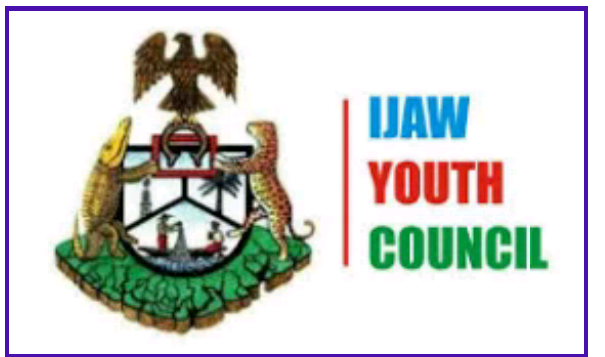The Ijaw Diaspora Council (IDC) on Tuesday advocated for a review of Nigeria’s laws to allow political participation of Nigerians resident abroad in the General Elections.
Prof. Mony Gold, President of IDC, made the call at a virtual town hall meeting by Global Nigeria Diaspora Forum (GNDF) for Presidential Candidates ahead of 2023 elections.
The IDC leader said it was regrettable that Nigerian citizens in Diaspora made economic contributions by their remittances that boosted the nation’s economy but were denied political participation by voting.
He noted that the leadership of Nigerians in Diaspora was organising a series of 12 town hall meetings for presidential aspirants starting with Prof Kingsley Moghalu, to get their commitments to actualising the long overdue Diaspora voting.
According to Gold, the GNDF has written to leading presidential candidates in the 2023 elections to make case for a review of the extant laws to allow Diaspora voting in future elections after 2023.
Gold observed that Diaspora voting would harness the contribution of millions of Nigerians who would bring ideas for the socioeconomic development of their father land.
He said that Nigerians in Diaspora had been excluded by structural and systemic inequities in Nigeria that kept certain groups from having a fair chance at upward mobility for decades.
“That is why we are appealing to all Nigerians around the world to assist in the removal of persons with leadership duties and the reorganisation of institutions that contributed to injustice, instability, unfairness and nepotism.
“Our economy will not grow continuously unless economic opportunities and gains are shared equitably among the citizens, workers, business owners and business leaders.
“We can never abandon the bonds that tie us to our home country. Therefore, we must collaborate to remove barriers to voting and prepare people to exercise their rights,” he said.
Gold said in spite of its importance, millions of Nigerians were denied access to this right in numerous countries throughout the world.
“The right to vote is seen as a fundamental right in most world democracies, as it allows citizens to influence government decision-making.
“Many democracies have put in place procedures to ensure that this right is realised and enjoyed by their qualifying citizens, to varying degrees.
“For instance, external voting by post was included in the electoral legislation enacted in Zimbabwe after the country gained its independence in 1980,” he said.
Gold said that the1990 Constitution, which was updated in 2004, allowed Mozambican residents living abroad to vote in their home countries.
“The right to vote by Cape Verdeans residing abroad was enshrined in their constitution in 1992.
“In spite of their geographical distances, approximately 100,000 South Africans voted in 78 countries in the 1994 South African election,” Gold said.
He also said that Kenya extended voting rights to its estimated three million residents abroad in 2010 to join a growing list of African and other foriegn governments that have done so.
Gold said following extensive consultations amongst Nigerians in Diaspora, their leadership had reviewed its strategy for political engagement which stretched into the transnational sphere.
Reports have it that Moghalu, a diplomat and former Deputy Governor of Central Bank of Nigeria who addressed participants at the inaugural forum, pledged to drive a review to allow the political system.
Moghalu, an aspirant on the platform of African Democratic Congress (ADC) for position of President in the 2023 polls, noted that it was unjust to exclude Nigerians in Diaspora who sacrificed their earning to support the domestic economy.
He unfolded his economic blueprint to the Diaspora audience and expressed the hope to leverage on their expertise, to ensure rapid economic recovery of Nigeria.
